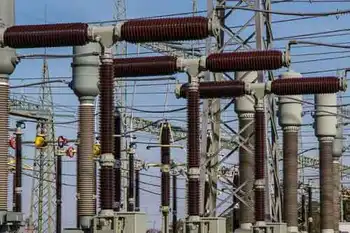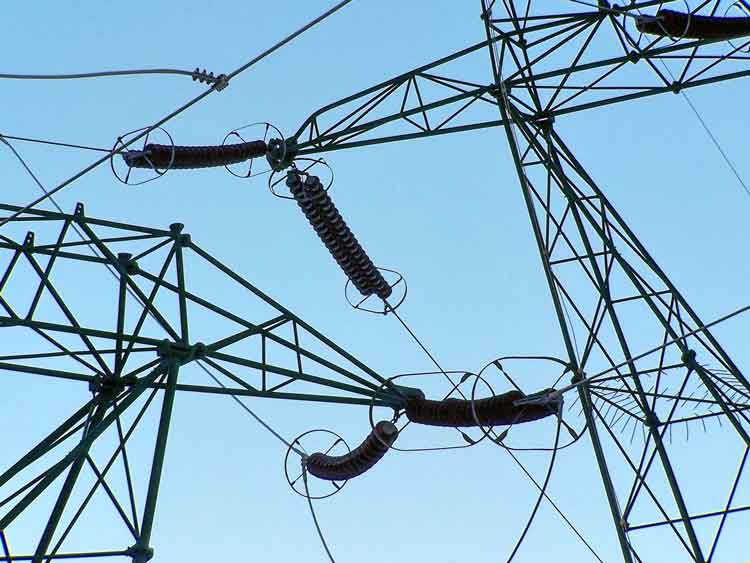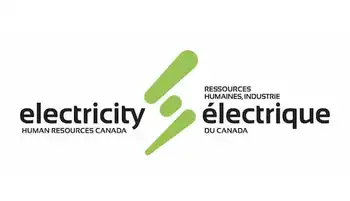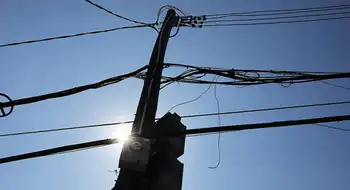Senate, House panels approve net metering bills
By Associated Press
Arc Flash Training CSA Z462 - Electrical Safety Essentials
Our customized live online or in‑person group training can be delivered to your staff at your location.

- Live Online
- 6 hours Instructor-led
- Group Training Available
The bill would expand the number of customers who can send excess power from wind, solar and other renewable energy systems back into the electric grid — an option currently limited to schools and homeowners.
But before the Senate Utilities and Technology Committee approved the bill 8-3 and sent it to the full Senate, it endorsed changes that drew strong criticism from supporters of efforts to expand Indiana's "net metering" rules.
Current rules allow homeowners and schools that generate up to 10 kilowatts per customer to get credit on future bills for excess power they produce. The amended bill sponsored by Sen. James Merritt, R-Indianapolis, would bar customers who generate more than 10 kilowatts from carrying over such credit on future bills.
"You will kill net metering if you do not allow customers to roll over credit," said Laura Arnold, president of Indiana Distributed Energy Advocates.
Arnold called the amended bill "seriously flawed" and told the committee that customers' ability to carry over energy credits makes renewable energy systems more attractive by helping offset the cost of those systems.
The new provision would deal a big blow to fledgling efforts to encourage the adoption of renewable power sources in Indiana, said Mike Mullett of the Sierra Club's Indiana chapter.
Both the Senate bill and a separate bill that passed a House committee recently aim to increase the amount of power that can be sent back into the grid and extend that option to businesses, industries and municipalities.
Before the meeting, Merritt's bill would have boosted the net metering limit from 10 kilowatts to 100 kilowatts. But another change removed the 100 kilowatt reference and specified that the Indiana Utility Regulatory Commission would be charged with determining the power caps for various classes of customers.
Merritt, who chairs the Senate panel, said he was surprised by the strong opposition to his amended bill. But he said his bill and the one that passed an Indiana House panel are certain to undergo many changes in the coming weeks.
"They're constantly under the microscope," he said.
The bill approved by the House Commerce and Energy Committee is sponsored by state Rep. Ryan Dvorak, D-South Bend.
Dvorak said he's encouraged by what he sees as growing support, particularly among industries, for the Legislature to pass an expansion of net metering. He noted that among the supporters that testified in favor of his bill were representatives of Columbus-based engine maker Cummins Inc.
"Hopefully this year we've got a good push coming from not only the renewable energy folks but the traditional industrial class in this state as well," he said.











